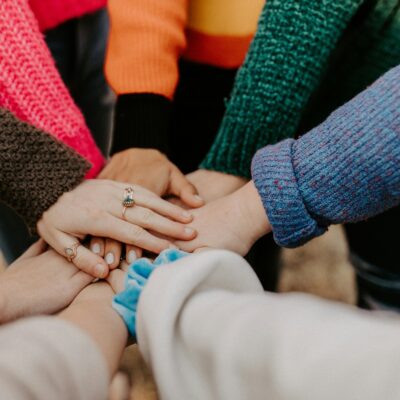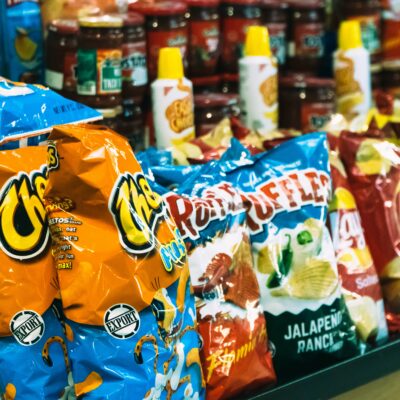Waves of waste are crashing into our waters
Would you like to make the world a better place? If yes, then you could start by joining in on the cause of making the ocean a cleaner and healthier place by getting any amount of trash out of it. This has been a problem since the early 2000’s and has been getting worse and worse over the years. With each passing year the amount of trash that ends up in the ocean keeps on piling and piling up which leads to how much trash there is in the ocean now.
You might be wondering, where even is all of this trash coming from? Well, the answer to that question would be that garbage is swept up on our beaches by waves and tides. According to a Daily Mail article back in 2015, about 8 million tons of plastic enters the ocean every year. It also identified where the bulk of this trash originated from. The main places that have trash are China, the Philippines, and Indonesia. As stated by Nicholas Mallos, who runs the Ocean Conservancy’s Trash Free Seas program, it’s very common to find trash-filled waters, they are also found commonly upon developing parts of the world where there are rising middle-class populations along coastlines, which means an increase in spending and consumption except waste management.
The amount of trash that is reported to be in the ocean is about 5.25 trillion pieces according to scientists. Of that 5.25 trillion pieces, 269,000 tons of that mass is on the surface and the deep waters is littered with 4 billion plastic fibers every square kilometer. As reported by EcoWatch, apparently 40% of the ocean’s surface is no longer ocean anymore, it’s all just plastic debris. Plastic Change has stated that these numbers will double in the next decade if we don’t do anything to change it. In an analysis of global plastic data over decades published by the PLOS ONE, it was estimated that there are 170 trillion plastic particles in the ocean. That means for every single person on Earth (8 billion) there are 21,000 pieces of plastic in the ocean.
If there is no change in the future and plastic will keep on piling in the ocean, the amount of plastic that we have now could double by 2040. There is a 4-year long study of over 7,800 marine species made by Boris Worm that shows if pollution and overfishing continues like it is now, by 2048 we will run out of seafood for normal consumption. This is because we end up losing the productivity and stability of entire ecosystems. When an ecosystem isn’t balanced the result would be likely be the losses of species.
Still despite all of this some people would still ask the questions such as “How would this have any effect on anything?” or “Trash in the ocean won’t cause any problems for humans”. Plastic pollution harms the environment by releasing harmful chemicals into nearby soil, which can seep into groundwater or other surrounding water sources, and also the ecosystem as stated by United Nation Environment Programme. It can also cause a range of potential effects on any species that drinks the water. The effects could result in severe illness or death. The effects of drinking contaminated water will happen instantly. The effects include: cramps, diarrhea, nausea, and vomiting.
Because of all these potential dangers, you shouldn’t throw trash into the ocean and that you should recycle every piece of plastic that you can. The dangers range from having marine life digest pieces of trash and possibly die. They could also become entangled in trash and have a much harder life since their movement is getting restricted, making them slower. There is so much trash in the ocean that 40% of the surface has become plastic debris, it is estimated that these numbers will double in the next decade. A study by The World Counts showed that by 2040 all seafood would run out for normal consumption due to pollution and overfishing. The ocean produces 50% of the oxygen we breathe, it would be best to maintain it as best as we can. If we lose 50% of our oxygen source, we will literally die. Taking care of the ocean helps make the world a better place for both humans and animals.







